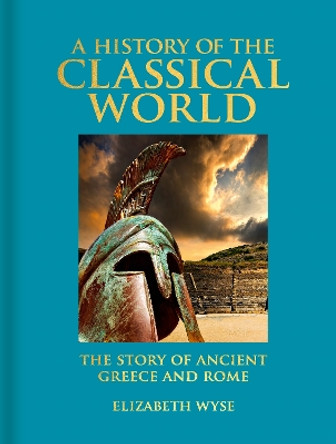In ancient Greece and Rome an ambiguous relationship developed between man and nature, and this decisively determined the manner in which they treated the environment. On the one hand, nature was conceived as a space characterized and inhabited by divine powers, which deserved appropriate respect. On the other, a rationalist view emerged, according to which humans were to subdue nature using their technologies and to dispose of its resources. This book systematically describes the ways in which the Greeks and Romans intervened in the environment and thus traces the history of the tension between the exploitation of resources and the protection of nature, from early Greece to the period of late antiquity. At the same time it analyses the comprehensive opening up of the Mediterranean and the northern frontier regions, both for settlement and for economic activity. The book's level and approach make it highly accessible to students and non-specialists.
Lively and accessible account of the relationship between man and nature in Graeco-Roman antiquity.About the AuthorLukas Thommen is a Professor in the Historical Institute at the University of Zurich and is also a member of the Sosipolis International Institute of Ancient Hellenic History in Greece.
Reviews'... justifies its place as introductory reading to such environmental issues as climate, agriculture, foresting and deforestation, food and water supply, population and built environment, mining and urban problems in the Greco-Roman world.' Arctos
Book InformationISBN 9780521174657
Author Lukas ThommenFormat Paperback
Page Count 198
Imprint Cambridge University PressPublisher Cambridge University Press
Weight(grams) 320g
Dimensions(mm) 228mm * 154mm * 10mm






